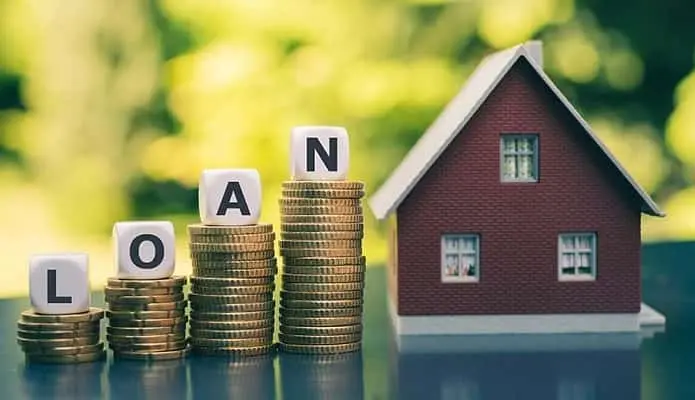How to Pay Off Your Home Loan Faster: Tips & Prepayment Hacks
Your home loan will likely be your largest financial commitment for the next 15-30 years, but it doesn’t have to stretch that long. Smart prepayment strategies can cut years off your housing loan tenure and save you lakhs in interest payments.
The key lies in understanding which prepayment approach works for your financial situation and timing these payments strategically. With the right plan, you can significantly reduce the total cost of your home ownership.

Why Paying Off Your Housing Loan Early Saves Lakhs
Every additional payment towards your principal reduces the outstanding balance on which future interest gets calculated. On a ₹50 lakh home loan at 8.5% interest, prepaying just ₹2 lakh in the fifth year can save over ₹8 lakh in total interest.
The savings multiply because housing loan interest follows a front-loaded structure. In early years, most of your EMI goes towards interest rather than principal reduction. Prepayments during this period have maximum impact.
Consider a ₹30 lakh loan over 20 years at 9% interest. Regular EMIs total ₹53.9 lakh over the complete tenure. Prepaying ₹3 lakh annually reduces this to ₹42.1 lakh—a saving of ₹11.8 lakh.
Which Prepayment Strategy Works Best for Your Situation
Lump sum prepayments work well when you receive bonuses, tax refunds, or mature investments. Timing these payments in the first 5-7 years maximises interest savings since your outstanding principal remains highest during this period.
Step-up EMI strategies suit professionals expecting salary growth. Increase your EMI by 5-10% annually or whenever you receive increments. This approach doesn’t strain your monthly budget while accelerating loan closure.
Part prepayments from surplus funds offer flexibility. Instead of committing to higher EMIs, make additional payments when cash flow permits. This works particularly well for business owners with irregular income patterns.
How to Use Salary Increments for Home Loan Prepayment
Allocate 50-70% of your annual salary increment towards home loan prepayment. This strategy maintains your current lifestyle while channeling additional earning capacity towards debt reduction.
Set up automatic transfers from your salary account to a separate prepayment fund. Accumulate 3-6 months of surplus, then make substantial prepayments rather than small monthly additions.
Use performance bonuses strategically. Instead of lifestyle upgrades, direct windfall gains towards loan prepayment. A ₹5 lakh bonus payment in year three can reduce your total interest by ₹12-15 lakh.
Should You Choose Tenure Reduction or EMI Reduction
Tenure reduction keeps your monthly EMI unchanged while shortening the loan period. Choose this option when you’re comfortable with current EMI levels and want to be debt-free sooner.
EMI reduction lowers your monthly payment while maintaining the original tenure. This suits borrowers facing income uncertainty or those preferring improved monthly cash flow over faster loan closure.
Most financial advisors recommend tenure reduction for stable income earners under 40. The psychological benefit of early debt freedom often outweighs the cash flow advantages of reduced EMIs.
Tax Benefits You Lose When Prepaying Your Home Loan
Section 80C allows ₹1.5 lakh annual deduction for principal repayment, while Section 24 permits ₹2 lakh deduction for interest payments. Aggressive prepayment reduces these future tax benefits.
Calculate the post-tax cost of your housing loan interest. If you’re in the 30% tax bracket, your effective interest rate reduces by approximately 30%. Factor this into prepayment decisions.
Balance prepayment benefits against lost tax savings. Sometimes, investing surplus funds in tax-saving instruments while maintaining regular loan EMIs provides better overall returns.
Smart Prepayment Timeline for Maximum Savings
Years 1-5: Focus maximum prepayment efforts here. Your outstanding principal is highest, so additional payments generate maximum interest savings. Target 10-20% of the loan amount as prepayment during this period.
Years 6-10: Continue prepayments but consider diversifying surplus funds into wealth-building investments. The interest saving impact reduces as your outstanding balance decreases.
Years 11 onwards: Evaluate whether prepayment still makes sense. If your home loan interest rate is below your investment returns potential, redirect surplus towards portfolio building.


